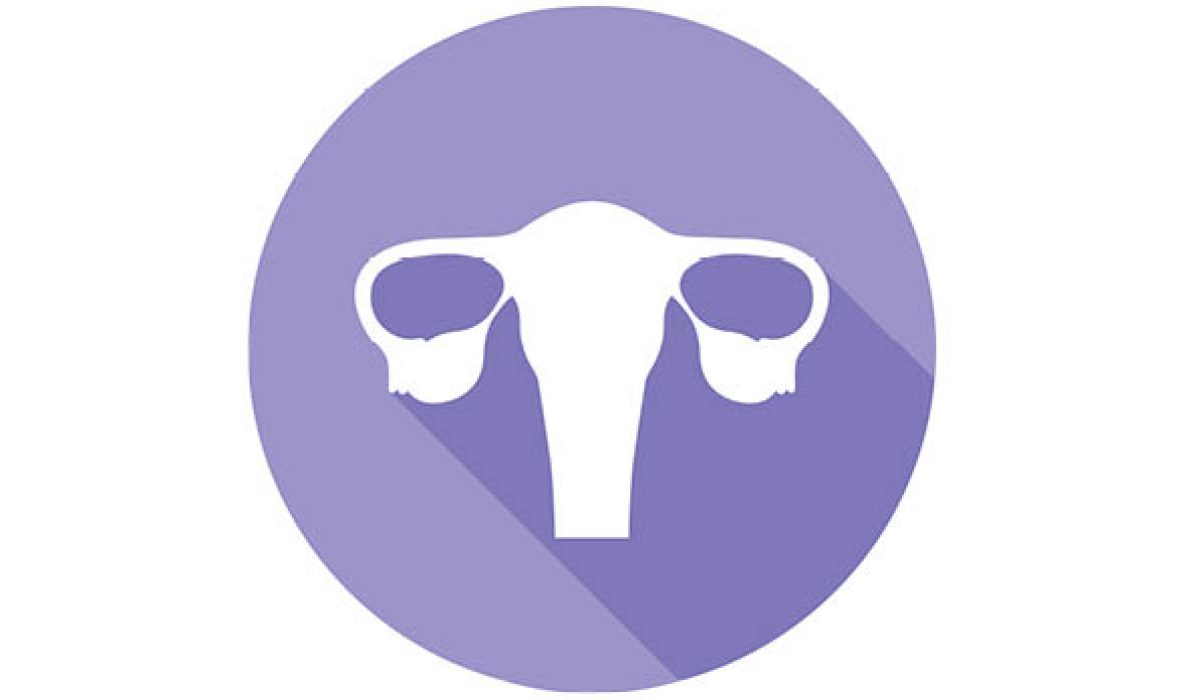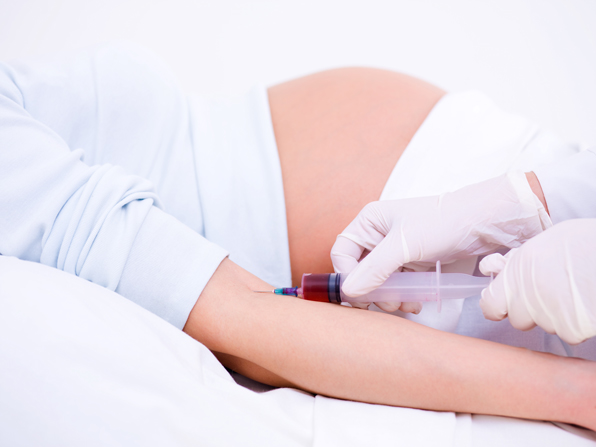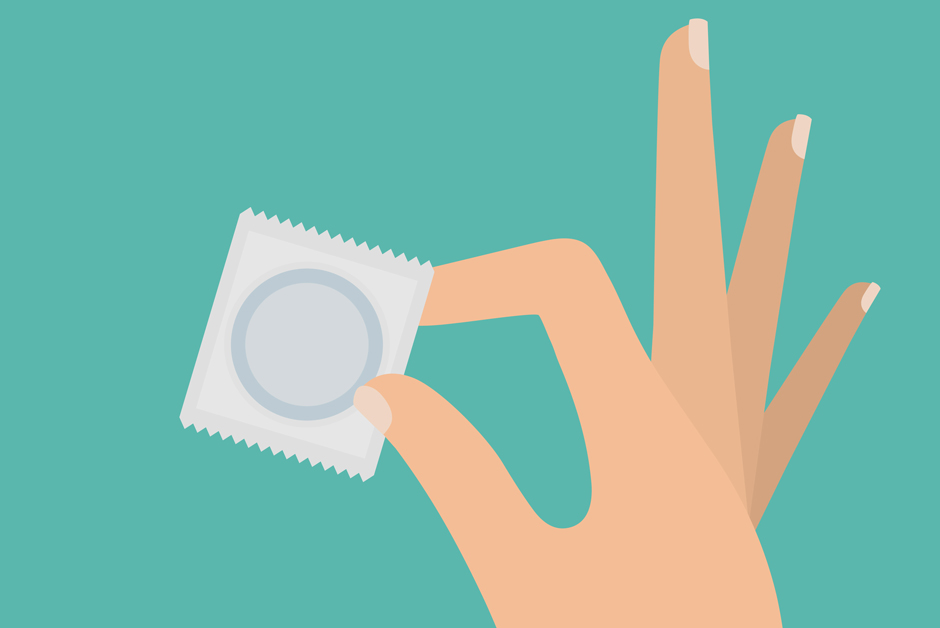When it comes to our lady gardens, knowledge is power. Knowing what to watch for can help you spot warning signs and keep your nether region healthy.
But when is lots of information too much information? In our share-happy social media culture, many bogus tips have grown wings – and some are downright harmful.
So how to separate hype from healthy advice? One of the UK’s most eminent gynaecologists, The Gynae Centre’s Dr Eskander, talks us through it.
Vaginal steaming
Gwyneth Paltrow is the woman gynaecologists love to hate, and it’s not hard to see why. Vaginal steaming has been around for centuries, but the actress-turned-lifestyle-guru took it mainstream-ish a while back. Essentially the process is a bit like a sauna for your lady garden. Clients sit on a hollow stool, under which is a container of steaming water filled with herbs like rosemary, mugwort and basil1. Fans of the practice have claimed it can ‘cleanse your womb’ and ‘balance your hormones’.
But what does the science say? ‘The vagina and the uterus have their own “good” bacteria that actually help to protect against infection. I would not advise trying to mess around with your vaginal pH,’ explains Dr Eskander. ‘Plus, with steaming, there is a risk of intravaginal burns.’
And the claim about balancing hormones? ‘For women suffering hormonal imbalances, there are treatments we can use that are proven to help, but they don’t include a bowl full of steam and herbs.’
In short, don’t bother, girls.
Hair removal for hygiene
Now for wax-loving ladies this may hurt – but there is some evidence that the contemporary penchant for hairless nether regions isn’t as hygienic as we think it is. In fact, it’s the opposite2.
Pubic hair helps to keep the vagina clean, and it protects it from foreign particles, harmful bacteria and viruses. It also regulates the moisture, which can help to keep yeast infections at bay,’ Dr Eskander says.
Vagina Eggs
She’s at it again. This time Oscar-winner Gwyneth Paltrow has been advising women to sleep with a jade egg in their vagina – to ‘increase chi, hormonal balance, vaginal muscle tone and feminine energy.’
She’s already been roundly rebuked in an open letter by American gynaecologist Dr Jen Gunter who debunked the claims as garbage, warning that the practice could also be dangerous. ‘Jade is porous which could allow bacteria to get inside… This could be a risk factor for bacterial vaginosis or even the potentially deadly toxic shock syndrome3.’
Need we say more?
Sea sponge
They’re touted as a ‘natural, healthy’ alternative to tampons, mooncups, and sanitary towels, but sea sponges are pretty hazardous4. Dr Eskander says: ‘They’re not very sanitary and pieces of them could potentially break away, remaining in your vagina and harbouring harmful bacteria.’
Big no-no.
PH Washes
There’s no doubt that they’re gaining popularity5 but gynaecologists insist that pH washes just aren’t necessary. Dr Eskander tells us: The vagina self-cleans, and the body regulates its own pH – a cleansing liquid isn’t going to do that for you. Wash yourself with water and if you like, fragrance-free cleanser.’
Panty challenge
As if 2016 couldn’t have been any more bizarre, in July a trend started on SnapChat and Twitter with the hashtag #PantyChallenge6. It began when one woman posted on Facebook bragging of her flawless, discharge-free underwear. Queue a hoard of other posters desperate to prove their own discharge-free credentials. But there’s just one problem: ‘Normal discharge is actually healthy,’ Dr Eskander says.
‘Discharge helps to clean the vagina, expelling bacteria and dead cells. It can sometimes help to keep infections at bay too, and serve as a marker within your menstrual cycle. Especially important, it can serve as an important flag of possible problems if the discharge is abnormal.’
When it comes to looking after your health, at The Gynae Centre we believe it’s best to let science lead the way. To book in for a consultation with Dr Eskander call 020 7580 8090.
REFERENCES:
www.femina.in/relationships/love-sex/get-the-lowdown-on-vaginal-steaming-35251.html
www.itv.com/goodmorningbritain/health/one-in-three-women-are-missing-their-smear-test
www.mirror.co.uk/3am/celebrity-news/doctors-condemn-gwyneth-paltrow-after-9688822
www.cosmopolitan.co.uk/body/news/a43445/tampon-alternative-really-dangerous/
www.allure.com/story/vagina-hygiene-trends-exploit-insecurities
www.refinery29.uk/2016/07/115951/discharge-normal-std-infection-pantychallenge-news






